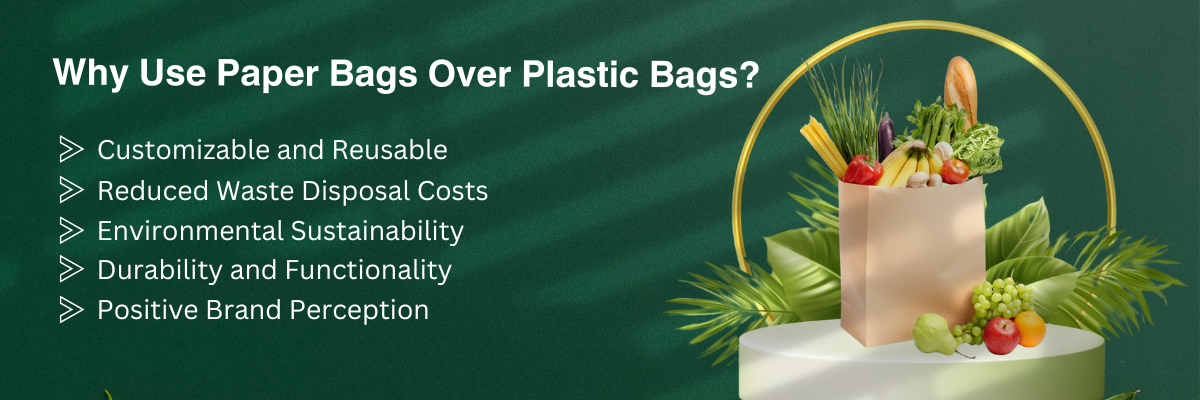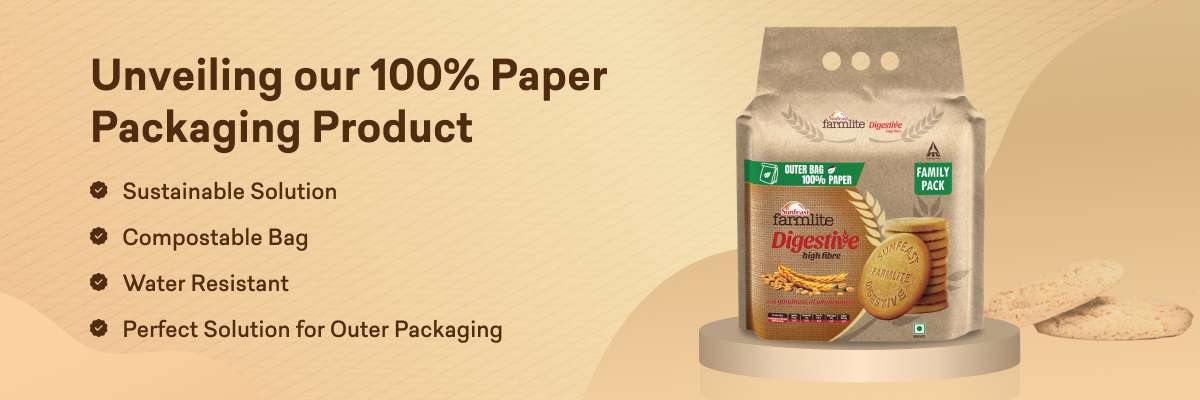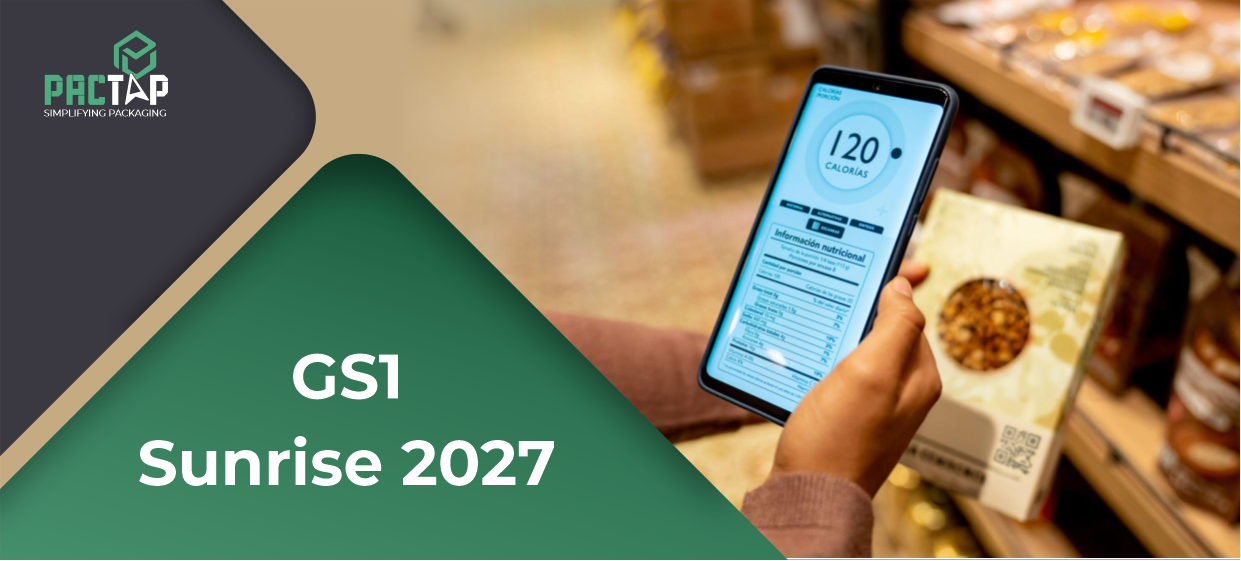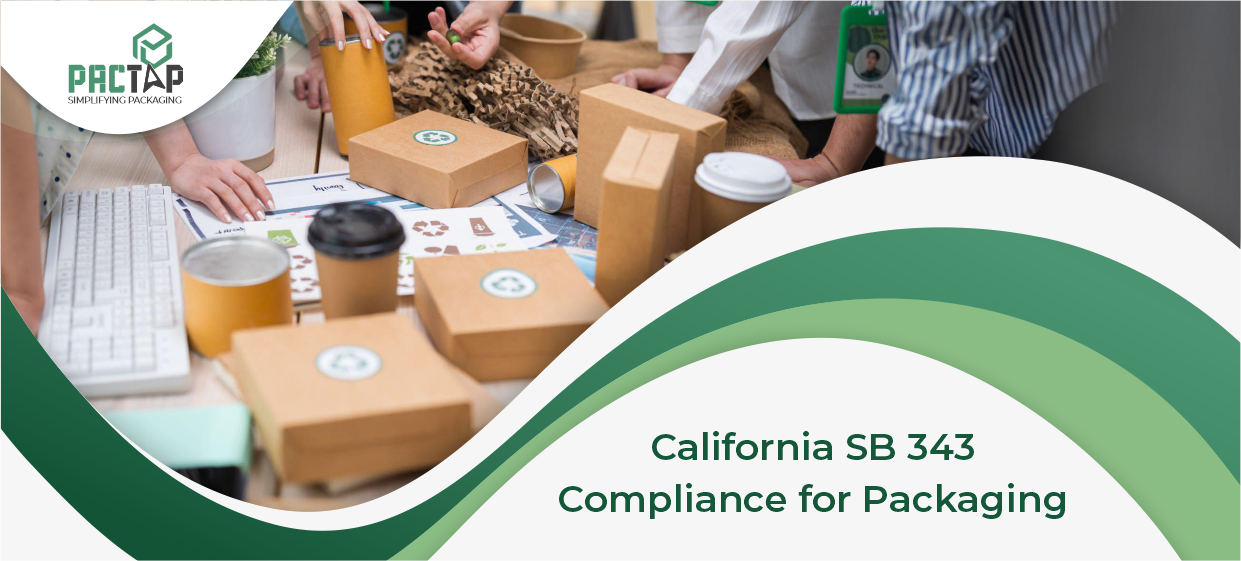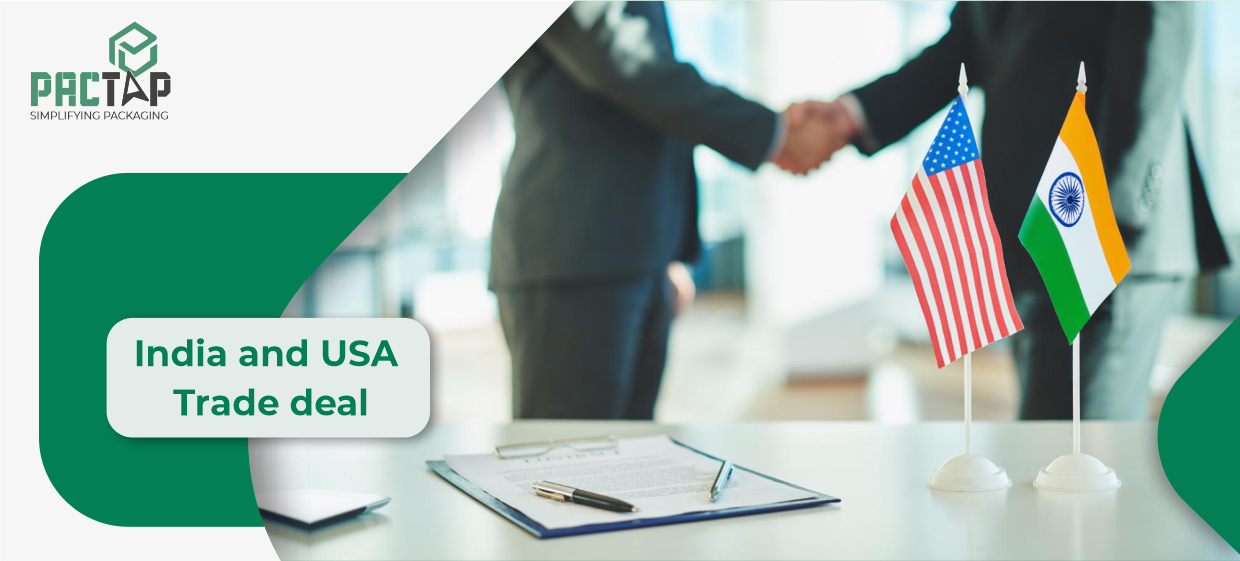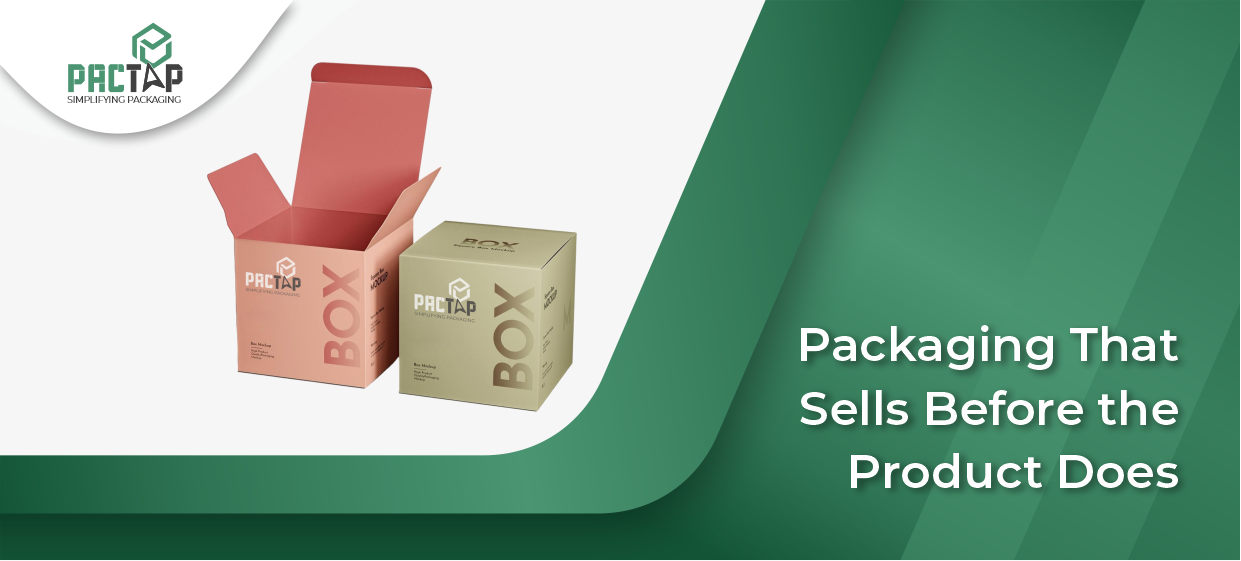In today’s environmentally conscious market, businesses increasingly seek ways to reduce their carbon footprint in packaging. One simple yet impactful switch is transitioning from plastic to paper bags. This seemingly minor change can have significant positive consequences for your brand, customers, and the planet. Here are five compelling reasons why choosing paper bag over plastic is the intelligent choice in packaging:
Environmental Sustainability: A Crucial Differentiator
Plastic pollution is a global crisis, with millions of tons in landfills and oceans yearly. Paper bags offer a more sustainable alternative. They are:
- Biodegradable: Unlike plastic, which can take centuries to decompose, paper bag break down naturally within months under composting conditions. This significantly reduces their contribution to landfill waste and microplastic pollution.
- Renewable Resource: Paper bags are primarily made from wood pulp, a renewable resource managed through sustainable forestry practices. This contrasts with plastic, which relies on finite fossil fuels for production.
- Recyclable and Energy-Efficient: Paper bags are readily recyclable and consume less energy than recycled plastic. Reducing your carbon footprint and supporting a circular economy can be achieved by following this approach.
Choosing paper bags demonstrates your commitment to environmental responsibility, attracting eco-conscious consumers and building brand loyalty. This resonates particularly with businesses in industries like natural foods, sustainability initiatives, and ethical fashion.
Enhanced Brand Image And Customer Perception
In today’s world, consumers are making a conscious effort to support brands that share their values. Opting for paper bag sends a powerful message about your commitment to sustainability, which can positively impact your brand image:
- Positive Brand Perception: Did you know that many people are happy to spend a little extra on products that come from environmentally conscious brands? It’s great to see so many consumers making choices that benefit our planet. Switching to paper bags demonstrates your proactive approach to sustainability, enhancing your brand’s image and attracting eco-conscious customers. Brands are switching to 100% paper based outer packaging for Biscuits and Bakery Items.
- Improved Customer Loyalty: Customers appreciate businesses that prioritize environmental responsibility. Choosing paper bags demonstrates your commitment to the planet, fostering brand loyalty and trust.
- More substantial Marketing Potential: Sustainability is a powerful marketing tool. Promoting your use of paper bags can be integrated into your marketing campaigns, highlighting your commitment to the environment and attracting new customers.
Durability And Functionality: Beyond Just “Paper”
While some might associate paper with fragility, modern paper bags are surprisingly durable and functional:
- Stronger Than You Think: High-quality paper bags are made from thick, sturdy kraft paper, capable of carrying heavy loads securely. They are often reinforced with handles and gussets for additional strength.
- Versatile and Adaptable: Paper bags come in various sizes and styles to suit diverse needs. From small gift bags to large grocery bags, you can find options for multiple applications, including product packaging, shopping bags, and restaurant deliveries.
- Customizable and Reusable: Paper bags offer excellent customization options for branding and marketing purposes. They can be printed with your logo, designs, and messaging, creating a unique and reusable packaging solution.
Cost-Effectiveness: A Smart Investment
While the initial cost of paper bags might seem slightly higher than plastic, the long-term benefits make them a wise investment:
- Reduced Waste Disposal Costs: Many municipalities charge businesses for waste disposal based on weight or volume. Paper bags are lighter than plastic, potentially reducing waste disposal costs.
- Tax Incentives and Rebates: Some regions offer tax breaks or rebates for businesses that use environmentally friendly packaging materials, including paper bags.
- Improved Brand Image ROI: The positive brand perception and customer loyalty gained from using paper bags can translate into increased sales and revenue, providing a solid return on investment.
Regulatory Compliance And Future-Proofing
As environmental concerns grow, regulations around plastic bags are becoming increasingly stringent:
- Plastic Bag Bans: Many cities and countries have implemented bans on single-use plastic bags, requiring businesses to use alternatives like paper bags. Staying ahead of these regulations ensures compliance and avoids potential fines or penalties.
- Future-Proofing Your Business: By proactively adopting sustainable practices like using paper bags, you future-proof your business against stricter regulations and changing consumer preferences towards eco-friendly alternatives.
Conclusion: The Future is Paper
The transition from plastic to paper bags is an environmental choice and a strategic business decision. It offers a range of benefits, including environmental sustainability, enhanced brand image, customer loyalty, cost-effectiveness, and regulatory compliance. By making this switch, you demonstrate your commitment to a healthier planet and contribute to a more sustainable future for your business and the world.
